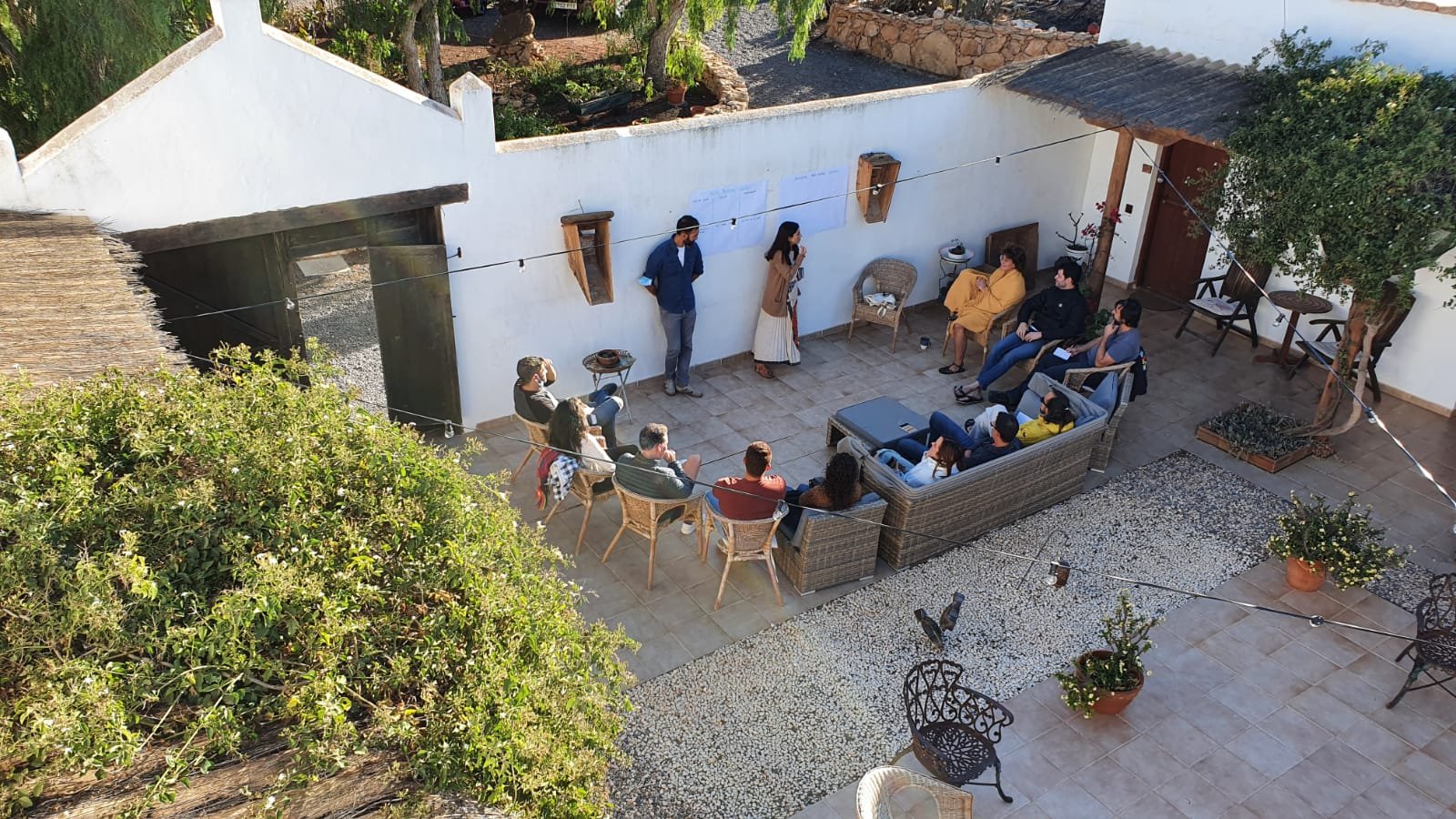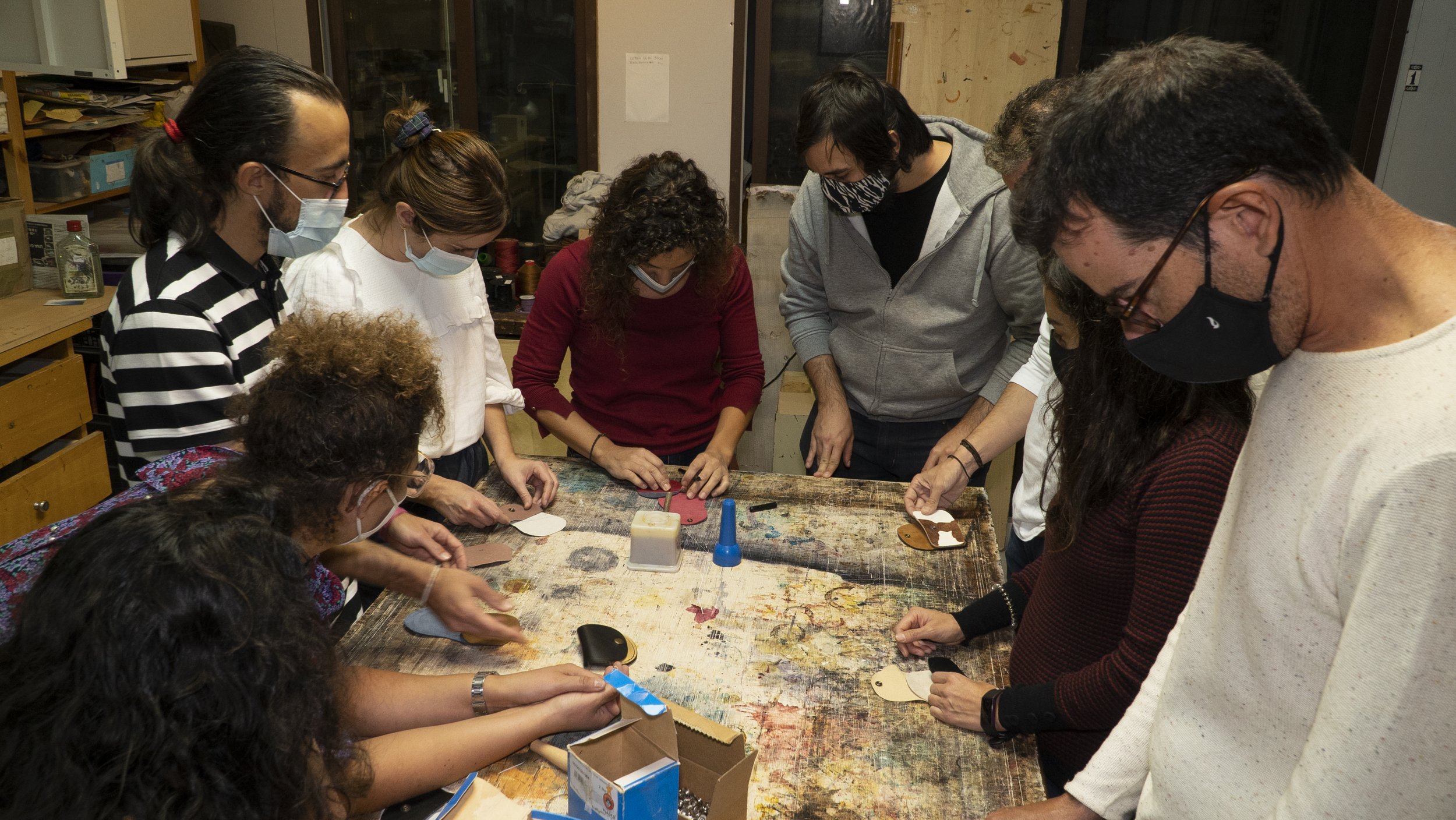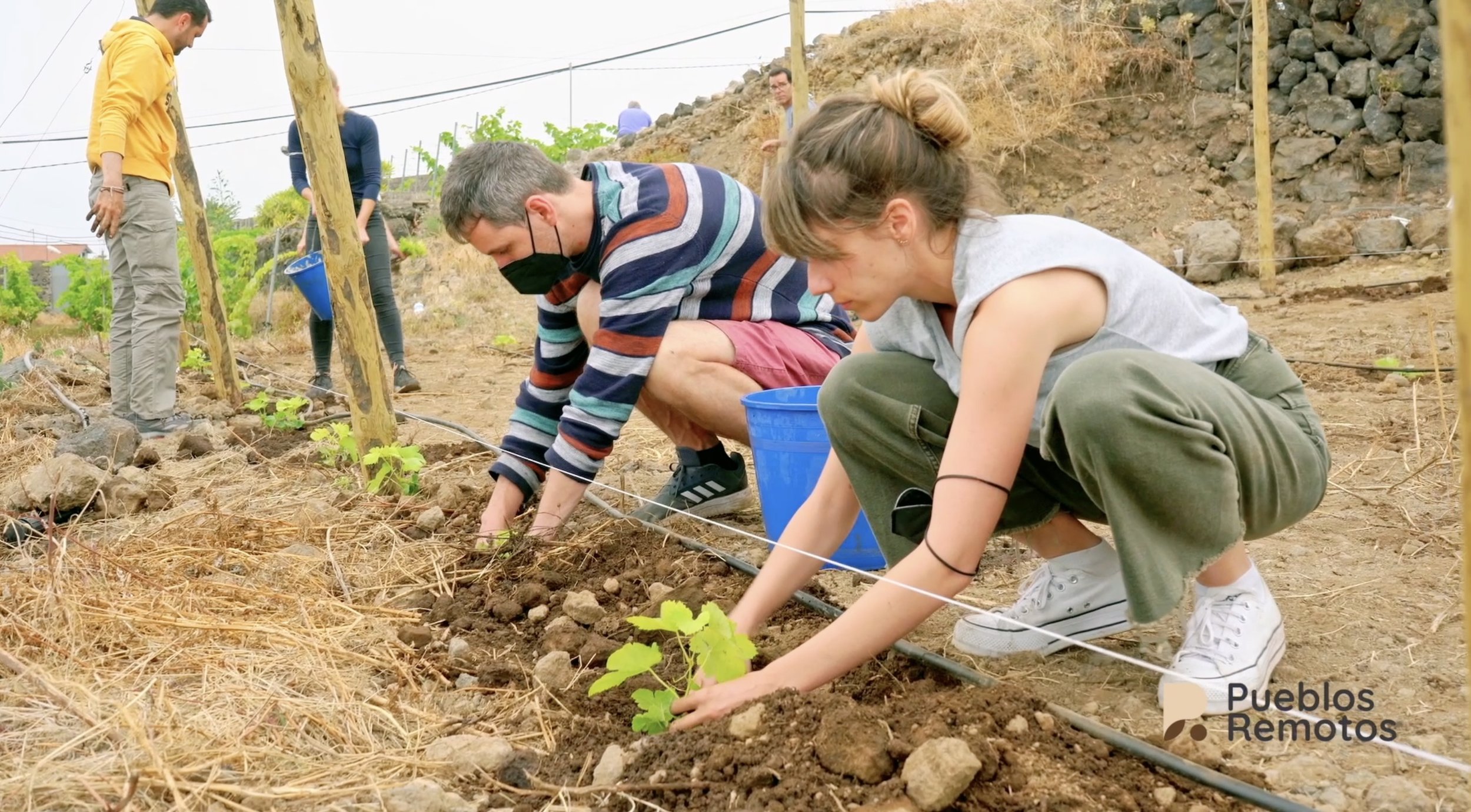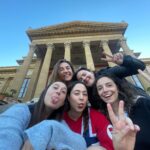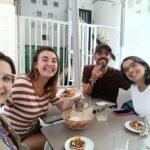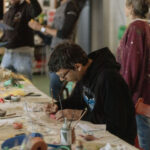Article written by Elsa Rodríguez (co -founder of remote villages and specialist in tourist sustainability)
In remote villages, one of the values that we have always defended, since we begin to design this initiative, is sustainability , both the environmental and social and economic. These three pillars have to be present because if not, we stop being sustainable. In addition, they must be aligned with the Sustainable Development Goals (SDGs) , of the United Nations 2030 Agenda, which were agreed in 2015.
The 17 SDGs, for those who are not familiar with them, are a global action call to promote prosperity and protect the planet. These objectives recognize that, ending poverty must go hand in hand with strategies that generate economic growth and examine social needs such as: education, health, social protection and job opportunities, while addressing climate change and protection of the environment.
Sustainable Development Goals established by the United Nations 2030 Agenda
For each of the objectives, goals, and indicators are established, specific in order to measure them. In total, the 17 SDGs are defined in a list of 169 goals and it is agreed that the progress towards these objectives is measured by 232 unique indicators. For this reason, we always measure the impact we generate with the experiences we organize. You can read more about this in this article that we published a few weeks ago: "generating positive impact on the rural environment"
Although the SDGs are a world agreement signed by 195 nations, not many people (including companies, organizations and public administrations) really understand how they can contribute to most of them. In this post post we tell you how we, with Pueblos Remotos , contribute to several SDGs and show you using practical examples. We hope this will serve to inspire you and that we can all be a little more sustainable, because every grain of sand counts.
SDG 8: Decent work and economic growth
ODS 8 is possibly the objective to which we contribute more directly. Keep in mind that a certain action can be aligned with several objectives at the same time, or do it directly with some, and indirect with others. Here, anyway, we will explain it in a general way.
Remote peoples is the demonstration that the development of a sustainable tourist model, away from traditional mass tourism, which has reigned both in the Canary Islands, as in other mature destinations, is possible. We co-create together with the local community everything we do, from design, to the implementation of experiences, and we think that the most important thing is always the well-being of the local population. Therefore, we worry about generating a positive socio-economic impact that lasts in the territories where we act (aligned with goal 8.9)
Co-creation session with local actors during the old remote edition
In order to assemble the experiences and attract teleworkors to these rural environments, we do a previous analysis and select the municipality, accommodation and the local actors with whom we collaborate, based on quite strict criteria. Among them, it is worth highlighting the commitment to sustainability, and in the case of accommodation, it must have high -speed Internet connectivity, common spaces, and sufficient capacity to house between 8 and 12 remote workers (aligned with goal 8.2)
One of our main objectives is to promote and support rural entrepreneurs that we pre -select for each edition. With them, we collaborate in two ways:
1) performing activities. Through them they show what their businesses consist of in a practical way, and in many cases, they turn out to be new tourist products and a new source of income for them, which had not previously contemplated. For example, an activity can be a sustainable seed workshop using local seed or produce purses in an artisanal way (aligned with goal 8.9)
Manufacturing activity of artisanal purses with Flypart Crafts Paula during old remote
2) Solving challenges. We help them solve some of their needs, which can be more techniques, such as improving their website, or designing a marketing and communication strategy, or more practices such as preparing a plot of the farm to plant vineyards (aligned with goal 8.3)
Challenging vineyards with Víctor de Bodega Cambium for Remote Icod
SDG 11: Sustainable Cities and Communities
Our experiences invite participants to get out of urban nuclei to experience what is teleworking and living from a rural environment for 21 days, and are specifically designed to generate connections between people from both worlds. Therefore, with our motto par excellence: the "connected rurality", we promote that teleworkors connect with rural entrepreneurs and that the two groups connect between themselves as well. In this way, links and synergies arise that go far beyond those 3 weeks and that continue in time (aligned with goal 11.A)
Reunion of Teleworking and local actors of Icod Remote in Tenerife 5 months after living the experience
ODS 12: Responsible production and consumption
All the activities that we carry out within our experiences are aimed at visible both the products that are made locally, as well as the traditions and culture of the place where we are. Activities with the main local actors always include a pecking at the end, where products in the area are consumed, or representative of the business in question. Likewise, secondary activities (eg hiking routes, cultural talks, gastronomic visits), also include these same values of promotion of the natural environment, culture and traditions (aligned with goal 12.b)
Brindis on the brunch of Drago's house during Icod Remote
SDG 17: Alliances to achieve the objectives
The involvement of the public sector in initiatives such as ours is extremely important, because they ensure the continuity of the work we do, and also give confidence to the entrepreneurial ecosystem of that rural environment. We always work together with the island administrations (councils) and the premises (municipalities), with the universities and with the private sector, through collaborators and rural entrepreneurs themselves (aligned with goal 17.17).
«Due to its interior sector, tourism has the ability to strengthen public-private associations and involve multiple interested-international, national, regional and local agents-to work together in order to achieve the SDGs and other common objectives and other common objectives " World Tourism Organization
This last ODS is, perhaps, the most important and the one we have most present in our day to day. We, as a social company and as citizens, know that we have our part of responsibility within society to achieve the 17 SDGs. Therefore, we will remain focused on being as sustainable as possible in all our actions and we will demand the same to our suppliers and our clients.



